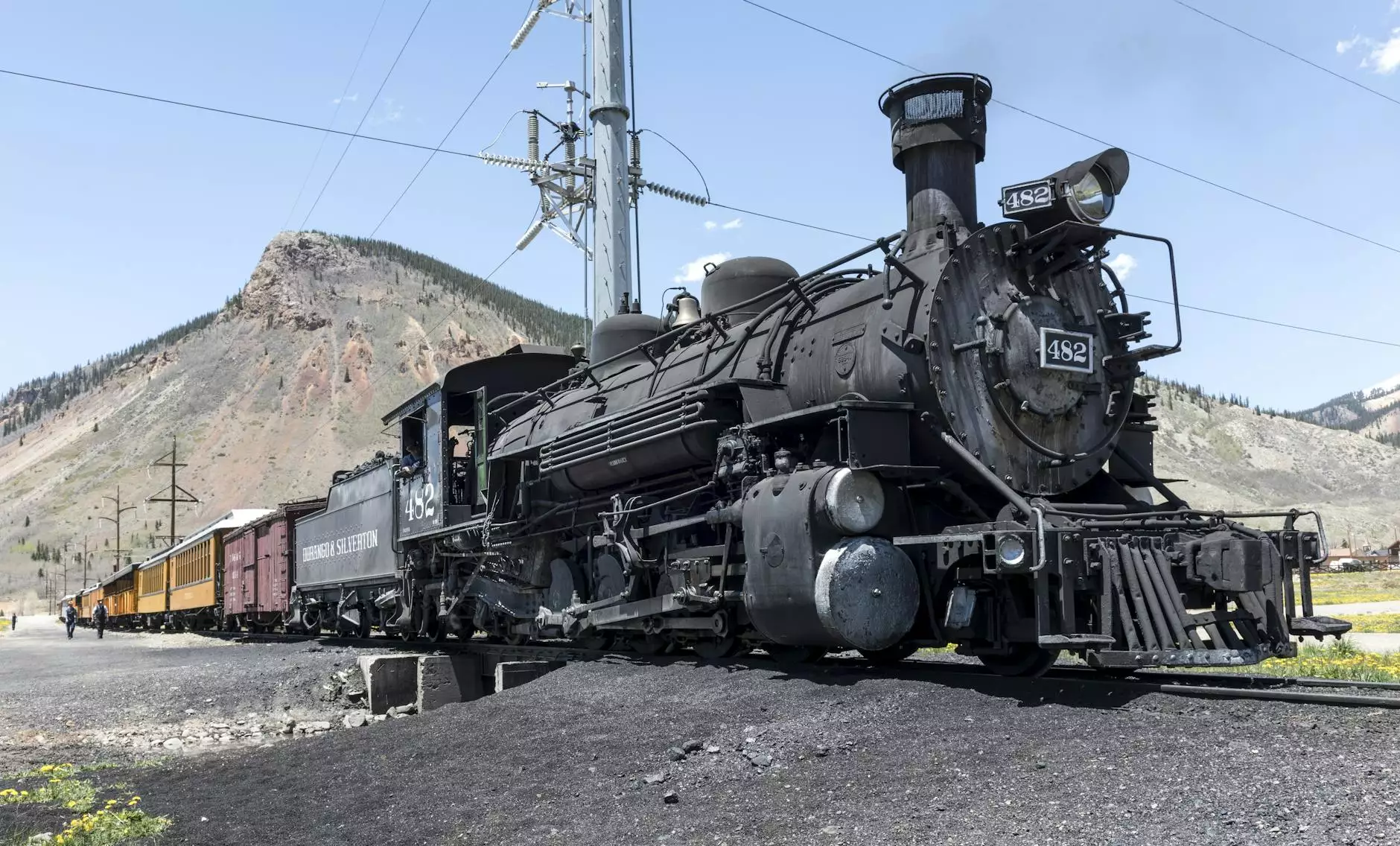The Essential Role of Crankshaft Parts in Diesel Engines

When we talk about the heart of a diesel engine, it's almost impossible to overlook the significance of crankshaft parts. These components not only drive the engine's performance but also ensure efficiency and durability over time. In this comprehensive article, we will delve deep into the intricate world of crankshaft parts, their function, types, benefits, and why sourcing them from reliable suppliers like client-diesel.com is crucial.
What is a Crankshaft?
The crankshaft is a pivotal part of an engine that converts the linear motion of the pistons into rotational motion, which ultimately powers the vehicle. In diesel engines, the crankshaft must withstand intense stress and forces generated during combustion. The robustness and quality of the crankshaft parts directly affect the engine’s performance and longevity.
The Anatomy of Crankshaft Parts
Understanding the anatomy of the crankshaft and its corresponding parts is essential for appreciating how they function together. The primary components include:
- Crankshaft: The main component that rotates to transfer power.
- Crankpins: Connect to the connecting rods which translate motion from the crankshaft to the pistons.
- Main Bearings: Support the crankshaft and reduce friction with other components.
- Balancing Weights: Help maintain the rotational balance of the crankshaft.
- Oil Holes: Facilitate lubrication, ensuring smooth operation and longevity.
The Importance of Quality in Crankshaft Parts
High-quality crankshaft parts are essential for several reasons:
- Durability: Quality parts reduce wear and tear, improving the lifespan of the engine.
- Performance: Well-manufactured crankshaft components enhance engine performance and efficiency.
- Safety: Reliable parts prevent catastrophic failures, which can lead to significant safety hazards.
- Cost-effectiveness: Investing in quality can save money in the long run by reducing maintenance and replacement costs.
Types of Crankshaft Parts
The variety of crankshaft parts available can be overwhelming. Here are the main types you should know about:
- Forged Crankshafts: Known for their strength and resistance to fatigue.
- Cast Crankshafts: Generally more affordable, though may not withstand as much stress as forged types.
- Custom Crankshafts: Tailored specifically for high-performance applications, ideal for racing engines.
- Crankshaft Repair Kits: Essential for maintaining the crankshaft in case of minor damages.
Choosing the Right Crankshaft Parts Supplier
Finding a trustworthy supplier for crankshaft parts is vital. Here are essential criteria to consider:
- Reputation: Choose a supplier with a solid reputation and positive customer feedback.
- Product Range: A good supplier should offer a diverse range of parts to cater to various brands and models.
- Warranty: Ensure the supplier provides warranties on their products, which reflects their confidence in quality.
- Expertise: A supplier with industry expertise can offer valuable insights and recommendations.
- Customer Service: Exceptional customer service ensures you receive help at any stage of your order.
Common Issues with Crankshaft Parts
Like any mechanical component, crankshaft parts can encounter problems. Recognizing common issues can aid in early detection and maintenance:
- Wear and Tear: Over time, components may wear out, affecting performance.
- Crankshaft Failure: Cracks or breaks in the crankshaft can lead to engine failure.
- Misalignment: Proper alignment is crucial for optimal functioning; any misalignment can cause uneven wear.
- Oil Starvation: Insufficient lubrication can lead to severe damage.
- Vibration Problems: Imbalances can cause excessive vibrations, impacting the entire engine.
Maintaining Your Diesel Engine's Crankshaft Parts
Regular maintenance is key to ensuring the longevity of your diesel engine's crankshaft parts. Here are practical tips for maintaining these critical components:
- Regular Oil Changes: Ensure that oil is changed regularly to maintain proper lubrication.
- Check for Vibration: Monitor engine performance for unusual vibrations that could indicate problems.
- Conduct Regular Inspections: Regularly inspect crankshaft components for signs of wear or damage.
- Utilize Quality Parts: Always replace worn-out parts with high-quality alternatives from reputable suppliers like client-diesel.com.
- Professional Servicing: Consider professional servicing and maintenance to address any underlying issues promptly.
Conclusion
The role of crankshaft parts in the performance of diesel engines cannot be overstated. Investing in high-quality components not only enhances performance but also contributes to the safety and efficiency of your engine. Reliable suppliers, such as client-diesel.com, provide the necessary parts and expertise to ensure your engine operates at its best. By understanding the intricacies of crankshaft components and the importance of maintenance, you pave the way for a powerful and reliable engine that serves you well for years to come.
When the time comes to replace or upgrade your crankshaft parts, make informed decisions and choose quality over quantity. With the right knowledge and resources, you can ensure smooth operation and exceptional performance from your diesel engine.









